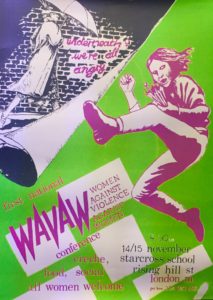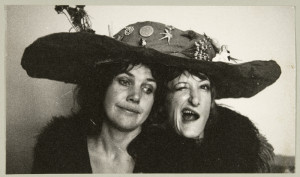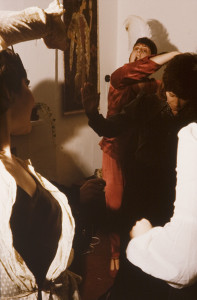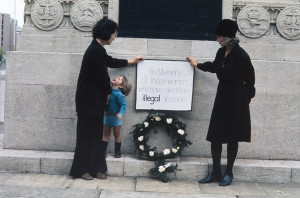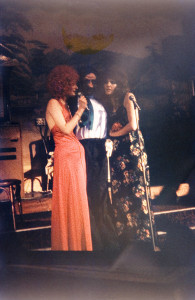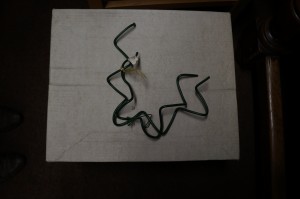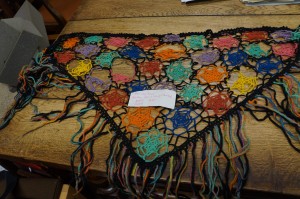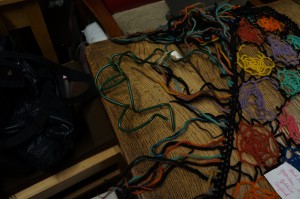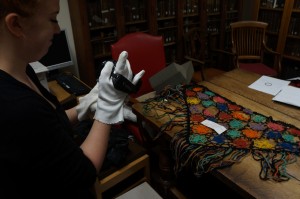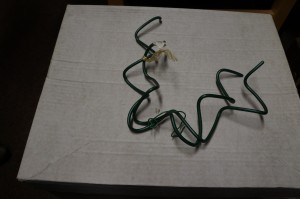The Feminist Archive South is planning to kick start a year of projects to celebrate its 40th anniversary with an invitation to explore some of the most radical and striking posters held by the University of Bristol’s Special Collections. The event, which will take place on 31st January from 2-5pm, will be the first of a series of monthly collaborative workshops seeking to engage new audiences with the archive.
The Feminist Archive South holds over 160 metres of inspirational materials collected by activists documenting the progression of feminist politics since the 1960s. Our drive for the next era in the FAS is to create new opportunities for discover the diversity of our collections, explore the intersectionality of materials and bring untold feminist narratives to light.
These sessions will enable participants to learn about archive cataloguing, have a good rummage in our collections and meet people who are interested in the feminist archive. No previous experience is necessary – we welcome anyone curious about the archive to come along and find out more.
The archive sessions will lay the foundations for the 40th anniversary projects, within which we plan to develop cutting-edge learning resources and a new exhibition based on topics such as gender in education, migration and transnational feminisms.
The workshop launch on 31st January will be a chance to see and research posters ranging from politics and performing arts to violence and Reclaim the Night.
The dates for the first four events are 31 Jan, 14 Feb, 21 March and 18 April from 2-5pm at Special Collections, UoB Arts and Social Sciences Library (wheelchair accessible). If you are interested in attending or have any questions please get in touch by emailing [email protected]. Numbers are limited therefore registration is essential.
